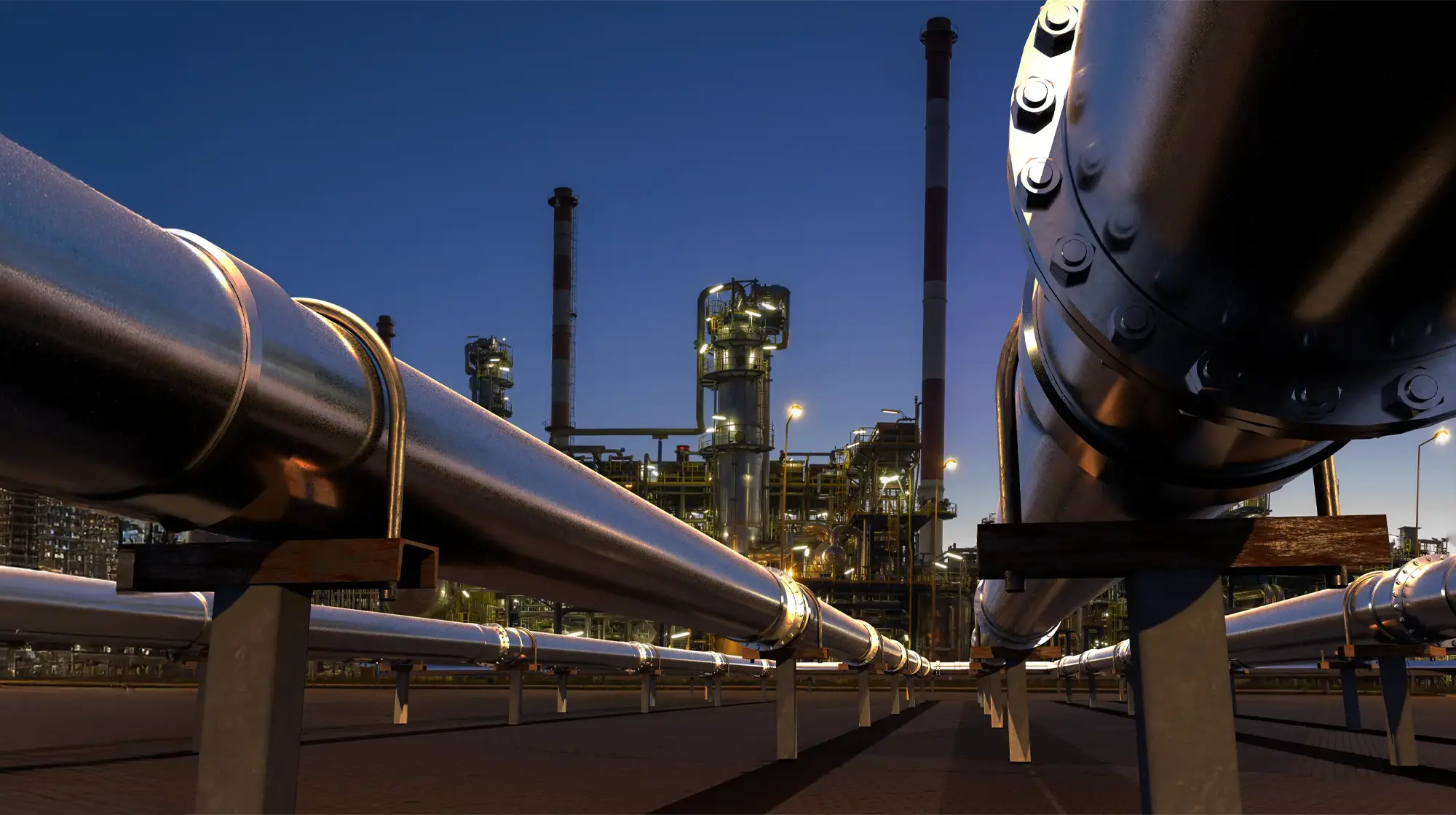en
Written by Richard Finlayson, Senior International Editor for Industrial Info Resources (Sugar Land, Texas)--The oil pipeline transmission standoff between Sudan and newly independent South Sudan is adding to the already fraught relationship between the two countries, which is spiked with racial, religious, refugee and armed conflict tensions.
Having stopped exports through Sudan to the country's export terminal rather than pay transport fees of $36 per barrel in transit fees, South Sudan has announced two measures to relieve the pressure on its inability to move crude to export markets as it sticks to its offer of $1 per barrel.
South Sudan is now planning to use trucks to transport oil to ports in Kenya and Djibouti, but the country's oil minister Stephen Dhieu Dau said there was no timeframe for the overland export plan, which would carry about 30,000 barrels per day to the South Sudanese capital Juba, from where it would be exported overland. The other plan, being tackled with urgency, is to build a temporary plastic underwater pipeline along the Nile from the oilfields near the Sudanese border.
The master plan is to build permanent pipelines. The first would be to the Kenyan port of Lamu, which hopeful South Sudanese officials say could be completed by 2013, but which could stall for some time due to a lack of finance.
Dau said the country hopes to reach agreements on financing by June. Companies from China, Japan, Europe, South Korea and the U.S. are talking to the government about project finance. One proposed pipeline carrying Nile blend would go through Kenya, and another carrying Dar blend would pass through Ethiopia to Djibouti.
Dau added that it was possible that an agreement can be reached (with Sudan) if the Sudanese delegation at the talks in Addis Ababa, Ethiopia, accepts international charge levels.
Before the export shutdown in January, South Sudan relied on 98% of its income to come from oil revenues. The country, hardly on its feet, is facing tough times ahead until the oil starts moving out again. When it cut adrift from Sudan in July 2011, it took with it 75% of the old nation's 500,000 barrels per day production. Now it has to move the 350,000 barrels a day to run a barely viable economy. Prior to the shutdown, Sudan had confiscated southern oil as payment in kind for about $1 billion in transit fees it claimed to be owed. The country processed the oil at Khartoum refineries.
Dau was not able to confirm that a Norwegian company had offered to handle the temporary pipeline project, and no details of the proposed deal are available.
For related information, see January 27, 2012, article - South Sudan Shuts Down Oil Wells and Signs for Pipeline Project with Kenya.
Industrial Info Resources (IIR), with global headquarters in Sugar Land, Texas, and eight offices outside of North America, is the leading provider of global market intelligence specializing in the industrial process, heavy manufacturing and energy markets. Industrial Info's quality-assurance philosophy, the Living Forward Reporting Principle, provides up-to-the-minute intelligence on what's happening now, while constantly keeping track of future opportunities.
Having stopped exports through Sudan to the country's export terminal rather than pay transport fees of $36 per barrel in transit fees, South Sudan has announced two measures to relieve the pressure on its inability to move crude to export markets as it sticks to its offer of $1 per barrel.
South Sudan is now planning to use trucks to transport oil to ports in Kenya and Djibouti, but the country's oil minister Stephen Dhieu Dau said there was no timeframe for the overland export plan, which would carry about 30,000 barrels per day to the South Sudanese capital Juba, from where it would be exported overland. The other plan, being tackled with urgency, is to build a temporary plastic underwater pipeline along the Nile from the oilfields near the Sudanese border.
The master plan is to build permanent pipelines. The first would be to the Kenyan port of Lamu, which hopeful South Sudanese officials say could be completed by 2013, but which could stall for some time due to a lack of finance.
Dau said the country hopes to reach agreements on financing by June. Companies from China, Japan, Europe, South Korea and the U.S. are talking to the government about project finance. One proposed pipeline carrying Nile blend would go through Kenya, and another carrying Dar blend would pass through Ethiopia to Djibouti.
Dau added that it was possible that an agreement can be reached (with Sudan) if the Sudanese delegation at the talks in Addis Ababa, Ethiopia, accepts international charge levels.
Before the export shutdown in January, South Sudan relied on 98% of its income to come from oil revenues. The country, hardly on its feet, is facing tough times ahead until the oil starts moving out again. When it cut adrift from Sudan in July 2011, it took with it 75% of the old nation's 500,000 barrels per day production. Now it has to move the 350,000 barrels a day to run a barely viable economy. Prior to the shutdown, Sudan had confiscated southern oil as payment in kind for about $1 billion in transit fees it claimed to be owed. The country processed the oil at Khartoum refineries.
Dau was not able to confirm that a Norwegian company had offered to handle the temporary pipeline project, and no details of the proposed deal are available.
For related information, see January 27, 2012, article - South Sudan Shuts Down Oil Wells and Signs for Pipeline Project with Kenya.
Industrial Info Resources (IIR), with global headquarters in Sugar Land, Texas, and eight offices outside of North America, is the leading provider of global market intelligence specializing in the industrial process, heavy manufacturing and energy markets. Industrial Info's quality-assurance philosophy, the Living Forward Reporting Principle, provides up-to-the-minute intelligence on what's happening now, while constantly keeping track of future opportunities.


